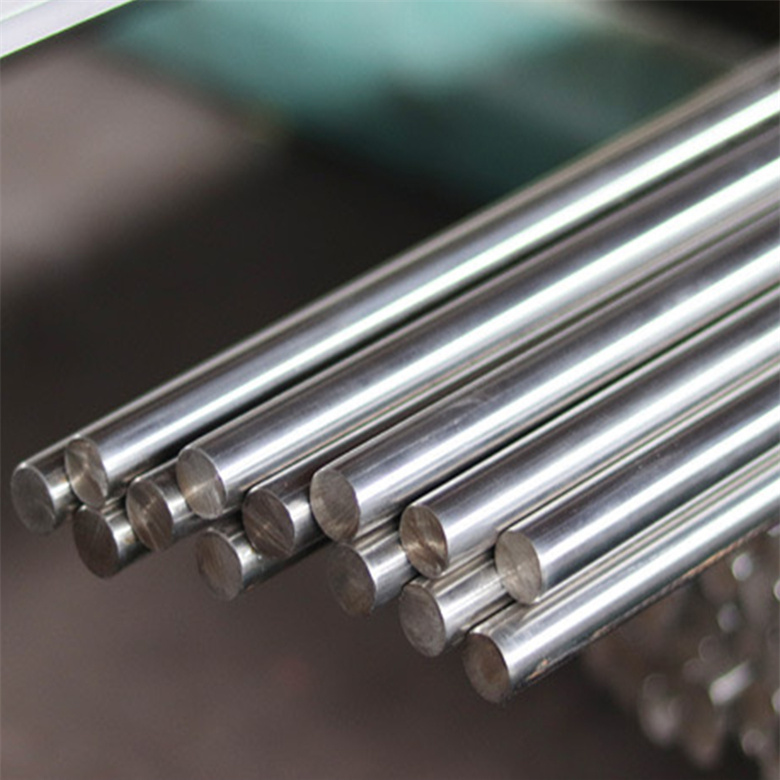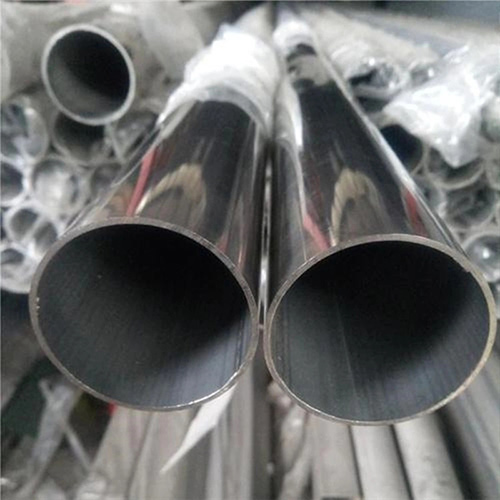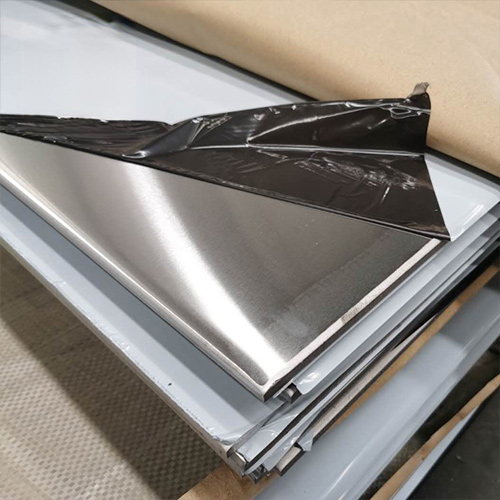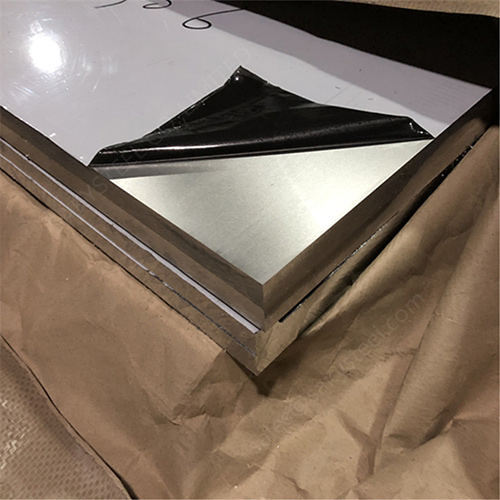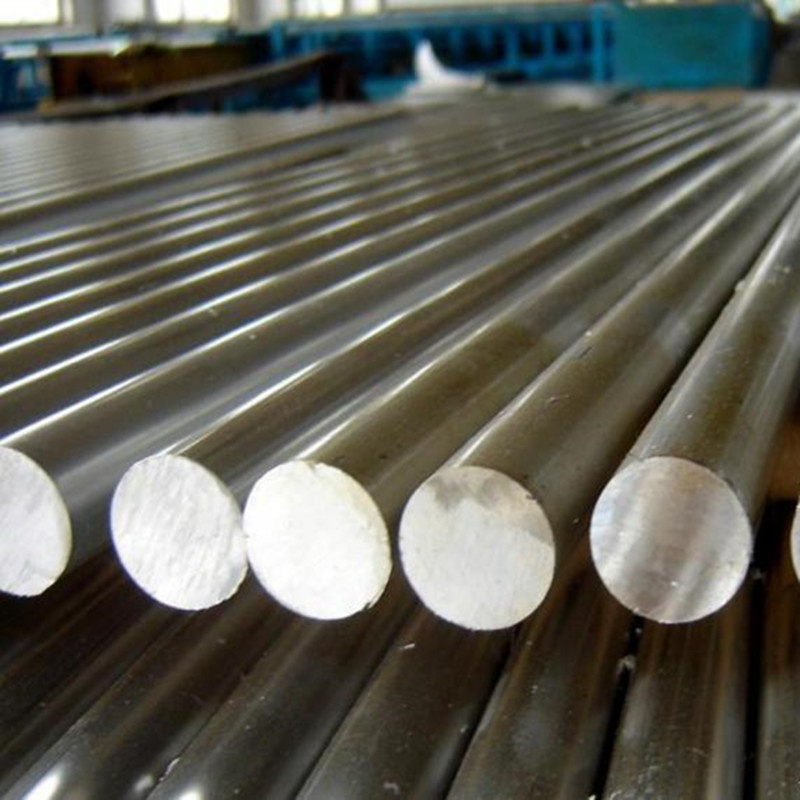Composition and Characteristics
303 stainless steel is formulated with a specific blend of elements that improve its machinability without compromising its overall performance. The typical chemical composition includes:
Chromium (Cr):17-19%
Nickel (Ni):8-10%
Manganese (Mn):2% max
Silicon (Si):1% max
Sulfur (S):0.15-0.35%
Carbon (C):0.15% max
Phosphorus (P):0.20% max
The key to 303 stainless steel’s exceptional machinability is its higher sulfur content, which acts as a lubricant during machining operations, reducing friction and tool wear. This addition makes 303 stainless steel one of the most easily machinable stainless steels, perfect for high-volume manufacturing processes. While the sulfur content slightly reduces its corrosion resistance compared to other stainless steels, 303 still offers adequate resistance in mild environments.
Key Properties
303 stainless steel bar is valued for its several important properties that make it an ideal material for precision machining:
Superior Machinability:The primary advantage of 303 stainless steel is its enhanced machinability, making it ideal for high-speed machining operations. It allows for quicker production times, reduced tool wear, and improved efficiency in the manufacturing process.
Good Corrosion Resistance:While 303 stainless steel has slightly lower corrosion resistance compared to 304 due to its sulfur content, it still offers good protection in mild environments. It is suitable for applications where exposure to moisture or non-aggressive chemicals is common.
High Strength and Durability:303 stainless steel retains the strength and toughness typical of austenitic stainless steels, making it suitable for components that require both precision and durability.
Excellent Fabrication Capabilities:In addition to its machinability, 303 stainless steel can be easily formed, welded, and polished, allowing for a wide range of fabrication options.
Non-Magnetic in Annealed Condition:Like other austenitic stainless steels, 303 is non-magnetic when annealed, which can be advantageous in certain applications where magnetism is undesirable.
Applications of 303 Stainless Steel Bar
303 stainless steel bar is widely used in applications that require extensive machining and where high precision is crucial. Some of the most common uses include:
Automotive Components:303 stainless steel is used to manufacture various automotive parts such as fittings, shafts, and fasteners, where high precision and durability are required.
Aerospace Industry:The material is ideal for aerospace components that demand precision machining, such as connectors, screws, and other small parts.
Industrial Equipment:303 stainless steel is employed in the production of industrial equipment, including pumps, valves, and fasteners, where its machinability and strength make it suitable for complex, high-stress components.
Consumer Goods:The alloy is used in the manufacturing of kitchen appliances, utensils, and other consumer products where machinability, strength, and corrosion resistance are important.
Electrical Components:303 stainless steel is often used for producing electrical connectors, terminals, and other small components that require precision machining and resistance to corrosion.
Advantages of Choosing 303 Stainless Steel Bar
When selecting a material for machined components, 303 stainless steel bar offers several key advantages:
Efficiency in Machining:The enhanced machinability of 303 stainless steel translates to reduced production times, lower tooling costs, and higher overall efficiency, making it a cost-effective choice for high-volume manufacturing.
Versatile Applications:The combination of machinability and adequate corrosion resistance makes 303 stainless steel bar suitable for a wide range of industries, including automotive, aerospace, and consumer goods.
Consistent Performance:303 stainless steel provides reliable strength and toughness, ensuring that machined parts maintain their performance even in demanding conditions.
Ease of Fabrication:In addition to its machinability, 303 stainless steel can be easily formed, welded, and polished, offering flexibility in the design and manufacturing process.
Conclusion
303 stainless steel bar is a premium material designed for applications that require high precision machining and reliable performance. Whether you are producing automotive components, industrial equipment, or consumer goods, 303 stainless steel bar delivers the efficiency, strength, and corrosion resistance you need to meet the demands of your manufacturing process. Explore our range of 303 stainless steel bars today and discover how this material can enhance your production capabilities.
